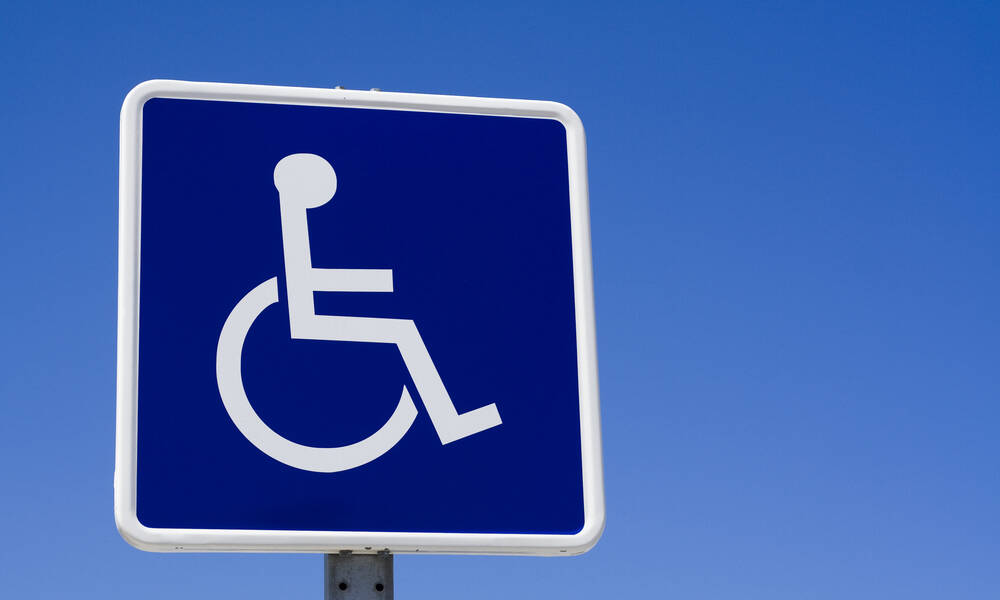
30 Years After ADA Passes, National Council on Disability Still Puts Mission First
Thirty years ago, NCD pushed for passage of the Americans with Disabilities Act to ensure equal rights. Since then, the group’s laser-sharp focus has helped it fight for constituents’ needs through changing times, including today’s pandemic.
The National Council on Disability sees its role today the same as it did when it helped usher in the Americans with Disabilities Act in July 1990: ensuring Americans with disabilities get fair and equal treatment.
“NCD is a small, independent federal agency,” said Neil Romano, chairman of the NCD Council. “Everything we do is about ADA. That’s who we are.”
The organization has used that mission-centered focus to guide it. In the 30 years since ADA’s passage, Romano said the law has succeeded in some respects by helping to normalize disability, so businesses and government agencies take it into consideration when making plans.
“Whenever you think about anything, you should be thinking about Americans with disabilities,” Romano said. “Everything from transportation, to housing, to medical care, to education.”
And while some normalization has occurred, there is still a long way to go. “I have a tendency to say the work of freedom is never done,” Romano said.
Most recently, NCD has focused on improving equity in the areas of employment and medical treatment. “It’s kind of staggering, from 2008 to 2017, people with disabilities were employed at a rate of only 18 percent, and people without disabilities employed at a rate of 65 percent,” Romano said.
He said the federal rules that prohibit people receiving disability payments from working contribute to the problem, and NCD has challenged federal agencies to change these rules.
When it comes to the medical treatment, people with disabilities often lack access to care because the equipment is not adapted for their needs. “A woman in a wheelchair has a low chance of getting a mammogram,” Romano said. “The mammogram machines don’t go down that far.”
The COVID-19 pandemic has exacerbated medical inequities, and NCD has been actively working with states and medical associations to help resolve problems. For example, prohibitions on “visitors” in hospitals were being inappropriately applied.
“There are so many people with disabilities who need an attendant,” Romano said. “We’ve made good headway with that, and we’ve had other organizations step up and say that [prohibiting attendants] could not go on.”
The agency has also worked to address other pandemic-related changes that affect people with disabilities. “How does this work with regard to education?” Romano asked. “How do you give [people] a full and fair education if you are doing it online and they are blind and deaf?”
In addition, NCD has asked organizations that are making decisions—from hospitals to state and federal agencies—to include a representative from the disability community in those discussions. “They’ll present a plan, and I’ll ask, ‘Did you have people with disabilities at the table? Did you have doctors who specialize in people with disabilities at the table or looking at your plan?” Romano said.
He added that NCD will continue to fight for change. “Even though we have civil rights laws, it hasn’t changed the hearts and minds of people,” he said. “Everything we do requires a bit of trying to change people’s hearts and minds.”
(leminuit/E+/Getty Images Plus)






Comments